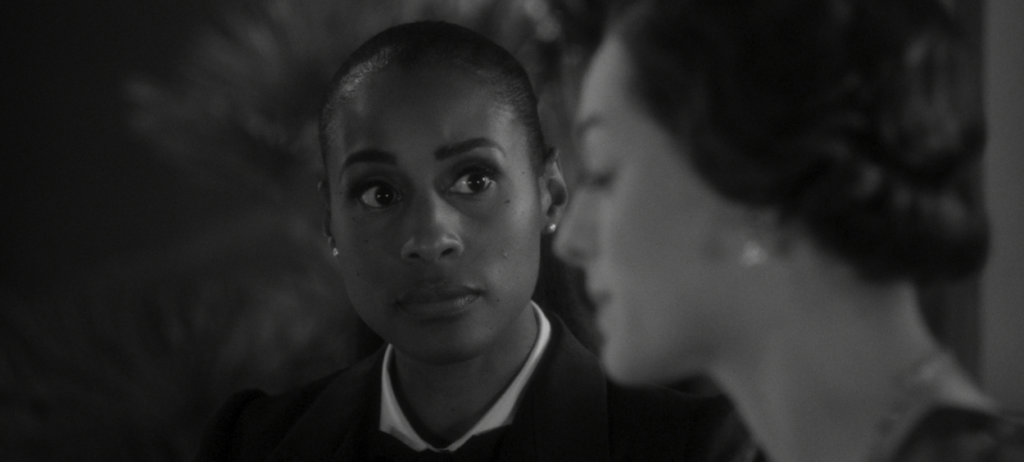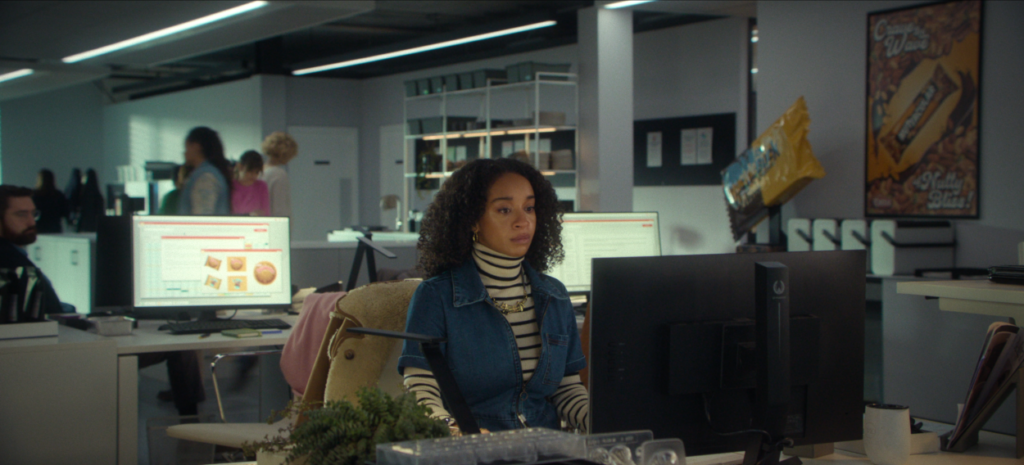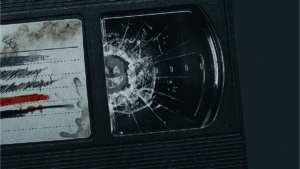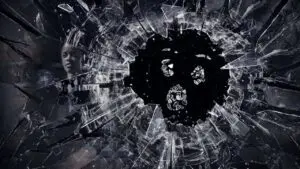Summary
Black Mirror Season 7 is able to rekindle some of its spark in a couple of standout episodes, but it’s mostly a shell of the culturally-defining show it once was.
I can say this for Season 7 of Black Mirror, if nothing else – it’s better than the last one. But that’s a low bar to clear, since Season 6 rarely felt like Black Mirror at all, instead attempting to differentiate itself from prior outings by turning into The Twilight Zone every other episode. The six parts of this latest effort, widely publicised as a return to the show’s roots if not necessarily its early form, at the very least feel like Black Mirror episodes. Mostly, anyway.
But I’m reminded of the halcyon days of “The National Anthem”, which, if “San Junipero” didn’t exist, would unequivocally be considered the best episode in Black Mirror history. That was the one about the British Prime Minister having sex with a pig, if you recall. The show was still on Channel 4 then, and there was a feeling of the nation having stood still to watch it in unison. Messages were sent to friends and family warning them that something truly daring and original was on telly, and the subsequent, eerily similar real-life controversy only helped Black Mirror become what it is today. But we’re still talking about that original episode because the show arguably hasn’t released a better one since.
Nothing offered up in Season 7 really comes close; one of the episodes is a total misfire, another is the first direct sequel in the show’s history but an ironic warning sign that it’s succumbing to the nostalgia-baiting entertainment culture it so readily mocks, and the best of the bunch, a reflective journey through painful memories anchored by a truly brilliant Paul Giamatti (The Sons of Sam: A Descent Into Darkness; Gunpowder Milkshake) performance, still isn’t half as good or as novel as Black Mirror’s best efforts.
In my article recapping every episode, I made the point that what this season seems to have interpreted as its defining characteristic is an all-encompassing bleakness, a nasty cynicism that made the more hopeful chapters sing. Nowhere is this more evident than in the first outing, “Common People”, which takes our reliance on streaming subscriptions to such a morbid extreme that it sets the tone for the whole season. The second episode, “Bête Noire”, matches it by riding a clever hook about gaslighting and high-school rivalries all the way to a topsy-turvy ending that is rushed and morally off-putting.
The most egregious misstep is Episode 4, “Plaything”, which has the same attitude but gets all the other components wrong, too. This chapter, which stars Peter Capaldi (The Devil’s Hour; Criminal Record) and is narratively adjacent to Black Mirror’s choose-your-own-adventure instalment, Bandersnatch, offers up a standard “the AI is alive” tale framed by a police interrogation, but the tone is completely off. It’s deeply silly without even realizing it, which is a real shame when self-awareness has been so key to the show’s success in the past.

Issa Rae and Emma Corrin in Black Mirror Season 7 © Netflix, Inc.
I’d be remiss not to mention “USS Callister: Into Infinity”, the first direct sequel in Black Mirror history, but it’s also, on balance, the least noteworthy episode – all the trappings of a pointless sequel that this very show has enthusiastically mocked before are very much present. It’s a fine bit of feature-length filler in a show that famously rejects such things, and another worrying indication of where things might be heading.
There are two standout episodes in Black Mirror Season 7. The first, “Hotel Reverie”, imagines a bleakly cynical movie-making future where technology has evolved to allow present-day actors to be transplanted into black-and-white classics to redo them alongside the original cast. It’s a smart, viable premise with the good sense to focus on an emerging love story between Issa Rae (Vengeance) and Emma Corrin (The Crown; Lady Chatterley’s Lover; My Policeman); some of the technological gimmickry designed to imperil the characters bogs things down, and the relationship is a tad rushed, but this one has the right idea.
And “Eulogy”, the Paul Giamatti episode, is simply great, a poignant exploration of memory and love that builds to a wrecking emotional payoff without the need for anything overly bleak. In fact, in many ways it’s a happy ending, one of the very few that this season provides, for its characters or, if we’re being frank, its audience.
It’s highly likely that Black Mirror will never again be what it once was, but then again, it’s also quite likely that the world is now too politically ridiculous and culturally cynical for a show like this to feel truly ahead of the curve. Every day we’re marching towards a future as strange, sad, and damaging as any of those imagined here; what was once speculative sci-fi satire has now become a roadmap to ruin. There’s no wonder people aren’t as keen on it anymore.




